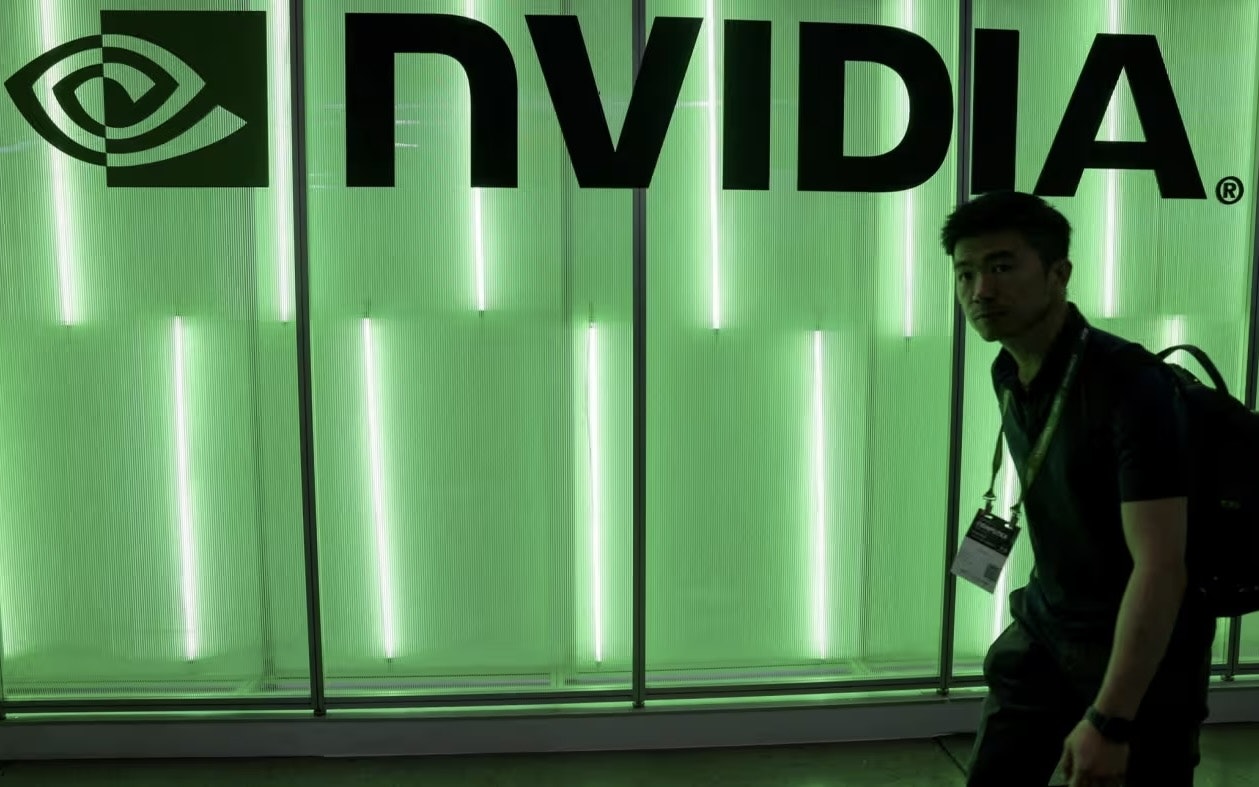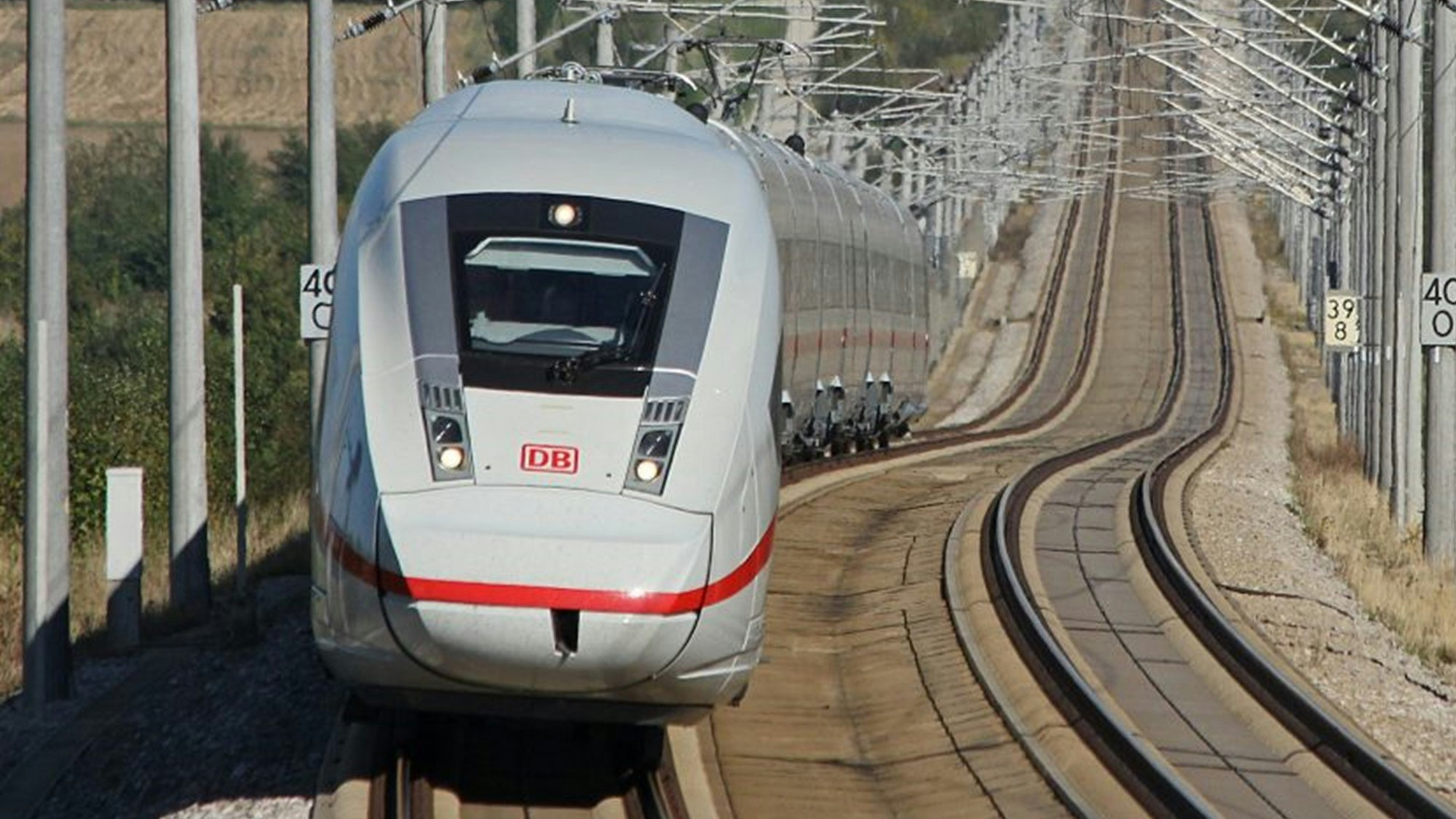Nvidia and Taiwan Semiconductor Manufacturing Company (TSMC) face production issues with the next generation of their most advanced AI chips, which could jeopardize deliveries planned for this year. Nvidia’s latest designs, based on TSMC's new manufacturing process, have caused complications in certain models of the upcoming Blackwell family of data center chips, according to people familiar with the situation.
On Monday, Nvidia's shares fell by up to 15 percent in early trading hours in New York due to a general stock market sell-off, while TSMC dropped by 10 percent on the Taiwanese stock exchange. By 12 PM in New York, Nvidia's decline had moderated to 6 percent.
Customers like Microsoft, Google, Meta, and Amazon, as well as AI startups like OpenAI, are already prepared to purchase Nvidia’s latest chips to build the next generation of their AI systems. Major tech companies are investing billions of dollars per quarter in AI infrastructure and have announced plans to further increase capital expenditures in the coming months. Some analysts now predict that up to $1 trillion could be invested in data centers over the next five years to support AI.
Concerns on Wall Street about the sustainability of the AI boom have increased in recent weeks. Nvidia's market value has fallen by around 750 billion dollars since mid-June, when the company briefly became the most valuable company in the world. Hedge fund Elliott Management stated in a recent letter to investors that it considers Nvidia and other large technology stocks to be overvalued and that AI is "overhyped and many applications are not yet market-ready.
During the presentation of the new chips in March, Nvidia CEO Jensen Huang stated that Blackwell would be twice as powerful for training AI models as its predecessor Hopper. In May, Huang said during a quarterly conference call with investors and analysts that Nvidia expects "a lot of Blackwell revenue this year," and last week announced that the delivery of engineering samples had begun.
However, a person familiar with the manufacturing process said that there are "difficulties" in transitioning to mass production of the Blackwell chip. These problems are attributed to the interposer, a layer that connects the various chips required in the complex chips for AI applications.
Nvidia declined to comment but confirmed that "Blackwell sampling has begun and production is on track to ramp up in the second half of 2024." Demand for the existing Hopper chips remains "very strong," Nvidia added. TSMC did not respond to a request for comment.
The problems highlight the enormous technical challenges of integrating the performance of the latest AI chips into a limited space and could further exacerbate the capacity bottlenecks in advanced packaging, the final stage of chip production.
TSMC, the world's largest chip manufacturer and Nvidia's sole production partner, faced difficulties last year in increasing the capacity of its most advanced production technology quickly enough to meet the demand for AI chips. When the company announced its second-quarter results last month, CEO CC Wei said that the company would not be able to balance supply and demand by the end of this year, as originally planned. TSMC now hopes to achieve this goal "sometime in 2025 or 2026," Wei said.
Mark Li, a semiconductor analyst at Bernstein, said Nvidia will likely need to make a minor design change to fix the problem. Analysts at BNP Paribas stated that solving such issues typically takes two to three months. However, they do not expect the delay to "impact the mid- to long-term narrative for Nvidia or AI adoption," although it could be positive news for Nvidia's closest competitor AMD.
Analysts from Citi estimated in a notice to customers that the delay could reduce Nvidia's data center revenues by up to 15 percent in the quarter ending in January, although sales could be higher in the following period.







